There are several reasons behind the lack of focus on social sustainability. They are primarily related to the complexity of the concept itself and poor knowledge, skills, and abilities to tackle them.
In the forthcoming book (April 2024) The Palgrave Handbook of Social Sustainability in Business Education edited by Šilenskytė, A., Cordova, M., Schmitz, M. A., Toh, S. M, we write: “Social sustainability has been, and to some extent remains, a mysterious and somewhat fuzzy concept. The term ‘social sustainability’ is used when referring to different meanings and perspectives, ranging from issues related to justice, inclusion, equity, equality, democracy, social capital, and human skills, to issues concerning human rights, improving the health and well-being of the community, and preserving social values, cultural identity, and traditions”.
More than half of the United Nations’ Sustainability Development Goals (SDGs) directly speak to social sustainability: SDG 1 (No Poverty), SDG 2 (Zero Hunger), SDG 3 (Good Health and Well-being), SDG 4 (Quality Education), SDG 5 (Gender Equality), SDG 8 (Decent Work and Economic Growth), SDG 9 (Industry, Innovation, and Infrastructure), SDG 10 (Reduced Inequalities), SDG 12 (Responsible Production and Consumption), and SDG 16 (Peace, Justice, and Strong Institutions).
The chart shown below, based on work by Ajmal et al. (2018), summarizes how multiple issues mentioned above can be grouped within the three key areas – (1) safety and security, (2) learning and growth, and (3) community development – comprising social sustainability.
Even if the core three areas of social sustainability were to be identified, defining components within each area still requires huge efforts and lots of research.
Social sustainability is a social construct, which means that issues, which fall within social sustainability, are socially appraised. When we discuss social values, equity, or similar topics that fall under the social sustainability concept, the social assessments will vary across countries, cultures, religious orientations, and probably even across every human being since each of us has a different set of values, beliefs, and perspectives on social issues.
Problems With ‘Correct’ Answers
The current education system (at all levels) has been designed to focus primarily on providing clear and correct answers. It has given less attention to educating how to handle ambiguous and wicked challenges and constructs. For example, how many study programs have the concepts of equity, diversity, inclusion, and human rights integrated as a part of their core curriculum? How many courses integrate discussions on how human, economic activity and environmental issues interact in one, undividable system?
As inspirational Indian scholar, Pankaj Chandra writes in his book Building Universities That Matter: Where are Indian Institutions Going Wrong? Universities should develop not only graduates who know their vocation but also enlightened citizens who can use their privilege of education to create sustainable private and public goods.
It should also support open-minded thinkers who carry a love for learning and exploration throughout their lives. Students should be open to exploring and searching for solutions to complex problems.
Fortunately, several educators around the globe are transforming teaching that allows opening up students’ minds and developing skills to deal with complex, interrelated sustainability challenges.
For example, colleagues at the Birla Institute of Management Technology, India, have creatively employed theatre to grow inclusive future leaders who can relate to different people uniting them towards common sustainability-driven goals. Educators in Pontificia Universidad Católica del Perú, Perú have created an impressive podcast series and have used them to develop empathy and help business students realize the interconnectedness between social and environmental challenges.
Colleagues in the Middle East and North Africa region have been building incredible resources for teaching sustainability to ensure representation of the region. Educators at the University of Toronto, Canada have designed global classroom experiences to unite students from different disciplines, third-sector organizations, and local communities abroad so that they can collectively solve poverty, hunger, health, and environment-related challenges in underprivileged communities.
We have witnessed many teaching innovations while editing the forthcoming The Palgrave Handbook of Social Sustainability in Business Education. Innovative educators and their teams are very likely to be the ones showing the way forward and shaping the new generation. Would you like to be one of them?
Aušrinė Šilenskytė, Ph.D.
Program Manager, Bachelor’s Degree Programme in International Business & Ambassador for Internationalization, School of Management, University of Vaasa, Finland. Chair, Academy of International Business Teaching & Education Shared Interest Group.


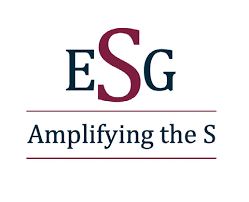
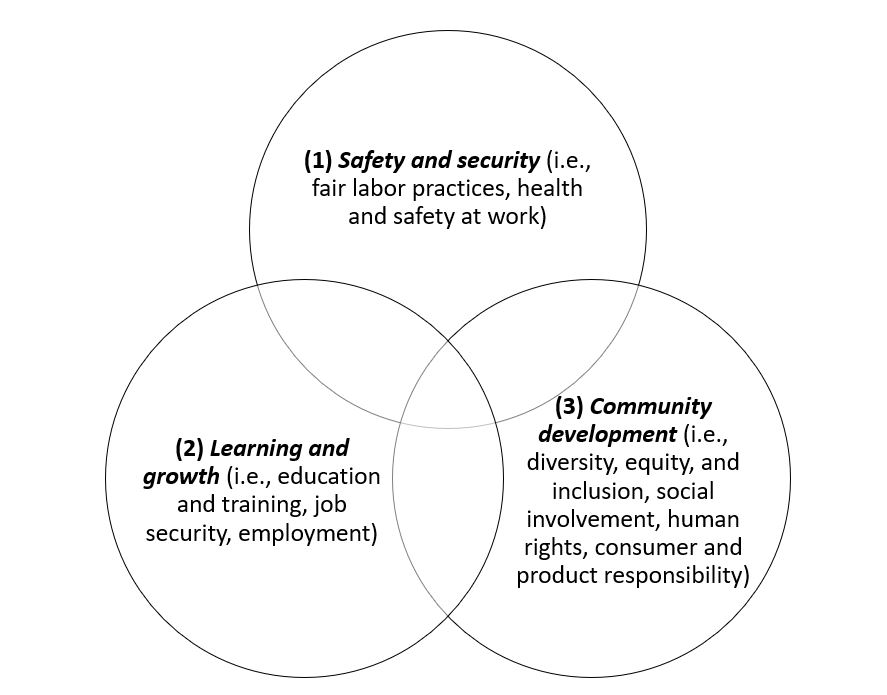
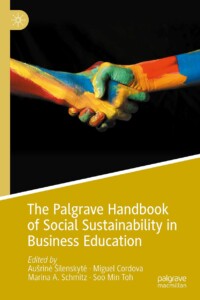

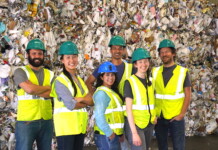



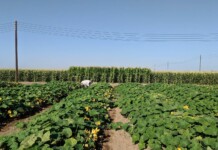



This information really helped. Thank you.